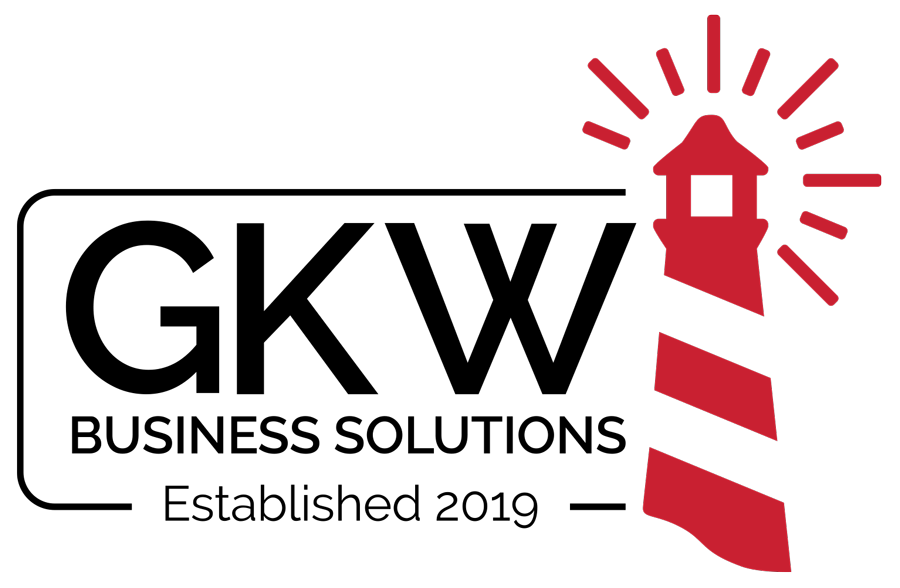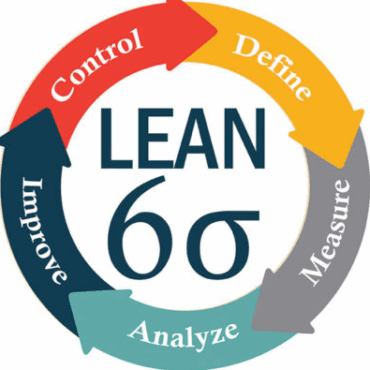
GKW Business Solutions can significantly improve financial performance by reducing waste, increasing efficiency, and enhancing quality. Lean principles, primarily focused on maximizing value while minimizing waste, can lead to substantial financial benefits across various areas of a business. Here’s how:
1. Reduced Operational Costs
- Waste Elimination: Lean targets “waste” (inefficiencies in materials, time, and effort), such as overproduction, waiting, or excess inventory. Reducing these cuts down on the cost of materials and handling, leading to lower overall operational costs.
- Labor Efficiency: Streamlined processes can help reduce labor time required to complete tasks, allowing for reallocation of resources to higher-value activities or reducing the total labor hours needed.
2. Improved Productivity
- Standardization and Automation: Lean practices often promote standard work processes and sometimes automation, making tasks easier and faster to complete, thereby increasing throughput without increasing resources.
- Better Workflow and Layout: By optimizing plant layouts and workflow (using techniques like Value Stream Mapping), lean reduces time spent on unnecessary movement and transportation, which can boost productivity and lower costs.
3. Lower Inventory Costs
- Just-in-Time (JIT) Production: Lean emphasizes producing only what’s needed when it’s needed, minimizing inventory holding costs and reducing the capital tied up in raw materials, work-in-progress, and finished goods.
- Reduced Obsolescence: With lower inventory levels and shorter lead times, the risk of products becoming obsolete or damaged in storage is minimized, which saves money.
4. Higher Quality and Fewer Defects
- Error Reduction: Lean encourages continuous improvement and error-proofing methods (like poka-yoke), which help reduce defects and rework costs. Lower defect rates mean lower costs and better customer satisfaction.
- Improved Customer Retention: Higher-quality products with fewer defects translate to happier customers, reducing warranty claims, returns, and boosting repeat sales.
5. Faster Lead Times
- Enhanced Responsiveness: Lean enables faster response to customer orders due to reduced bottlenecks and shorter lead times, leading to better customer service and potentially higher sales. Faster delivery can also justify a premium pricing strategy, boosting revenue.
- Agility in Market Changes: Lean’s flexibility allows businesses to adjust to demand fluctuations more effectively, which can avoid excess costs during slow periods and capture more revenue in high-demand phases.
6. Improved Cash Flow and Profit Margins
- Efficient Resource Utilization: By requiring fewer inputs to achieve the same or higher outputs, lean manufacturing can improve profit margins. For example, the savings from waste reduction and lower inventory costs directly contribute to higher profitability.
- Improved Cash Flow: Reduced inventory levels and faster turnaround times free up cash that can be used for other investments, enhancing overall financial liquidity.
7. Increased Employee Engagement
- Employee Empowerment and Engagement: Lean principles often involve empowering employees to suggest improvements and streamline processes. Engaged employees are generally more productive, and retention is higher, which can reduce costs associated with turnover and training.
Summary
In sum, GKW Business Solutions boosts profitability through operational cost reductions, improved cash flow, faster lead times, better product quality, and higher productivity. These financial benefits make lean a strategic approach for companies aiming to improve their bottom line while delivering greater value to customers.


